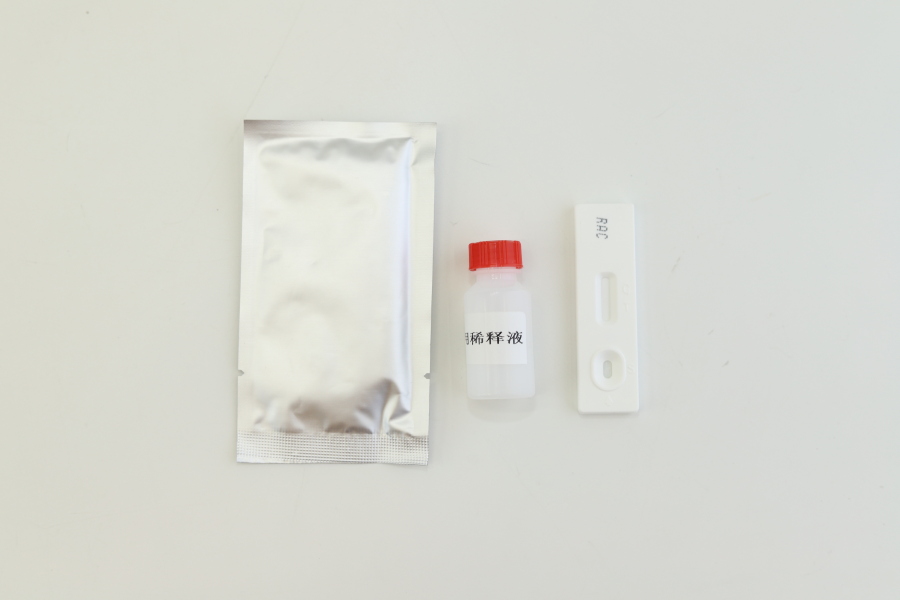
in modern agricultural production, the use of pesticides plays an important role in improving yield and preventing pests and diseases, but it may also lead to pesticide residues in agricultural products. Pesticide residues are not only related to the quality and safety of agricultural products, but also directly affect the health of consumers. Therefore, a professional and detailed pesticide residue test report is essential, which can provide scientific basis for food safety producers and operators, and escort consumers' dietary safety.
Professional pesticide residue test reports are first reflected in the scientific and normative nature of their test methods. The test standards based on the report are usually recognized by the state or industry, ensuring the rigor of the test process and the reliability of the results. From sample collection, pre-processing to instrument analysis, every link is carried out in strict accordance with the standard operating procedures to avoid the impact of human error on the test results.
full data is one of the core contents of professional pesticide residue testing reports. This means that the report is not only for a few specific pesticides, but as far as possible covers the current agricultural production, as well as the relevant national standards for various pesticide varieties. Whether it is organophosphorus, organochlorine, pyrethroid, or carbamate, etc., the corresponding test results can be found in the report. These full data can fully reflect the pesticide residues of the tested samples, allowing users to have a clear and complete understanding of the safety of the samples.
Wuhan Yupinyan Bio, as a professional manufacturer of food safety rapid detection reagents, knows the importance of accurate and efficient detection for food safety control. The food safety rapid detection reagents it produces provide strong technical support for the rapid screening of pesticide residues and other items, which can help relevant units make preliminary judgments on samples at the first time and improve detection efficiency.
A standardized pesticide residue test report usually contains sample information, test basis, test items, test results, limit standards, and conclusions and suggestions. The test results will clearly list the detection value of each pesticide, and compare it with the maximum residue limit stipulated by the country or industry, clearly indicating whether the sample is qualified. For unqualified samples, the report may also give corresponding suggestions, such as tracing the source, strengthening management, etc., to promote the improvement of the quality and safety level of agricultural products.
For food production enterprises, regular pesticide residue testing and obtaining professional reports is a manifestation of the enterprise's fulfillment of the main responsibility of food safety. It helps enterprises to detect possible problems in the production process in a timely manner, strengthen quality control, and enhance the competitiveness of the product market. For regulatory authorities, pesticide residue testing reports are an important basis for market supervision and cracking down on illegal acts, and can effectively regulate the order of agricultural product production and operation. For consumers, although they do not directly participate in the testing process, understanding the importance of pesticide residue testing reports and paying attention to product testing information can help to make safer and healthier consumption choices.
In short, professional pesticide residue testing reports, with their scientific testing methods and comprehensive testing data, play an irreplaceable role in ensuring food safety. It is an important bridge connecting production, supervision and consumption, and contributes to building a safe and secure food environment. Wuhan Yupinyan Bio will also continue to work hard in the field of rapid food safety testing to provide better product support for improving detection efficiency and accuracy.

